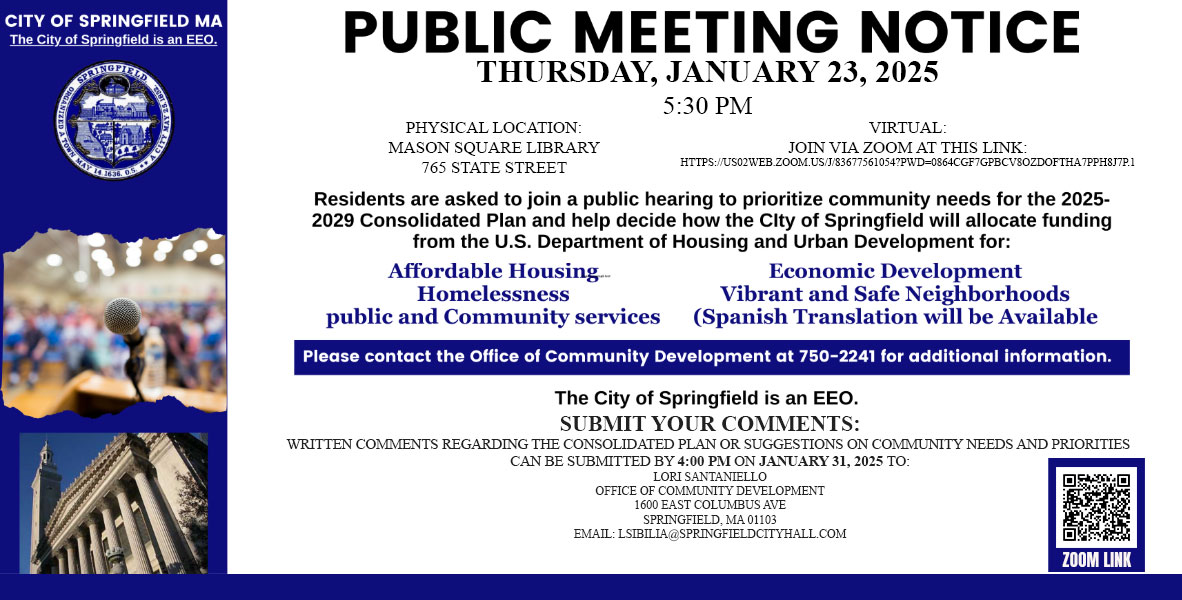Have you falling and not been able to get up? It can be a very scary experience! 1 in 4 adults fall. 3 million older adults are treated for fall injuries in the emergency room. 800,000 people are hospitalized due to a fall leading to a hip fracture or a head injury,
Let’s talk about some risk factors of falling.
Vestibular Disorder /Poor Balance: If you have a vestibular disorder or poor balance you are a high fall risk. I am sure your asking what is a vestibular disorder? If you have ever woken up, rolled out of bed or moved your head in a certain position that caused the room to spin, you likely have an inner ear issue or vestibular problem that is throwing off your balance. Often times you may feel nauseated and have to sit or lay back down for relief.
Medications Cause Falls: Many times medications we take for one symptom can have a long list of side effects that can cause a fall. Some medications may lower your blood pressure or make you dizzy which can then lead to falls. According to the CDC, the following medications can lead to falls: Muscle relaxants, medications that have an affect on your blood pressure, Opioids, Antidepressants, and Sedatives to name a few. It is important to review with your doctor any prescription jobs, over the counter drugs, and any herbal supplements to make sure there are no contraindications.
Vitamin D Deficiency: Vitamin D is naturally produced in the body as we are exposed to sunlight. African American adults are more likely to have low vitamin D levels leading to fractures as you lose bone density and falls. Make sure you get your Vitamin D levels checked by your primary care provider.
Postural Hypotension: Postural Hypotension also known as Orthostatic Hypotension is when you have a change in your blood pressure as you change positions from lying down, sitting up, and standing up. When your blood pressure drops as you are upright, less blood flow is getting to your organs leading you to have a fall. It is always important to take your time when your first getting up from a lying down or seated position to see if you are feeling dizzy.
Visual Impairment: If you are blind partially or fully, you are at higher risk of falling. Your visual system is so important to your balance. When you have a visual impairment, you have to rely on your balance and sensory system (knowing or feeling where you are in space).
Foot and Ankle Disorder: Your foot and ankle are key to keeping your balance. If you had a recent injury that prevents you from weightbearing on the foot, or if you have a bunion, amputation of your toes, or muscle weakness of the foot such as a foot drop, you are more likely to have a fall.
If you know someone who has repeated falls, have suffered a fall recently, or has poor balance, you all should seek out your local physical therapist. Physical Therapist will evaluate your muscular strength, your seated balance, standing balance, and your ability to walk. Often times Physical Therapist will review your medication list, create an individualized program for your fall prevention, and challenge you with exercises and balance training.
Dr. Katrina Banks, PT DPT, CCI, CSRS, LSVT-BIG, NCS
Board Certified Neurologic Specialist






